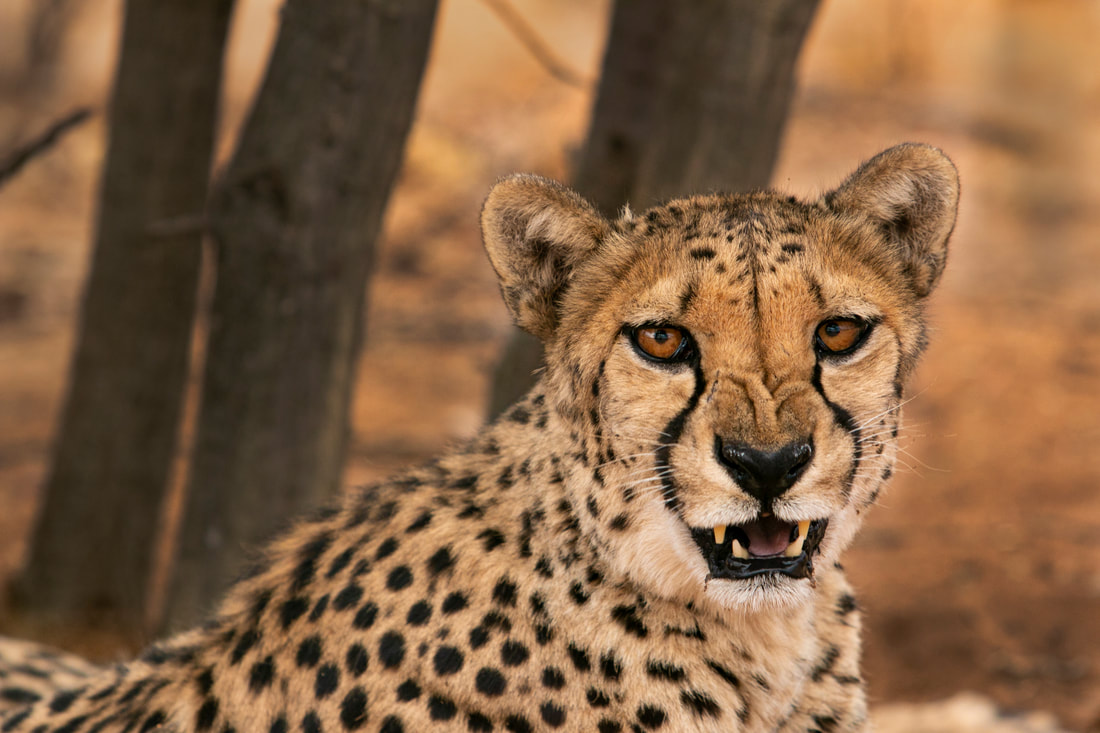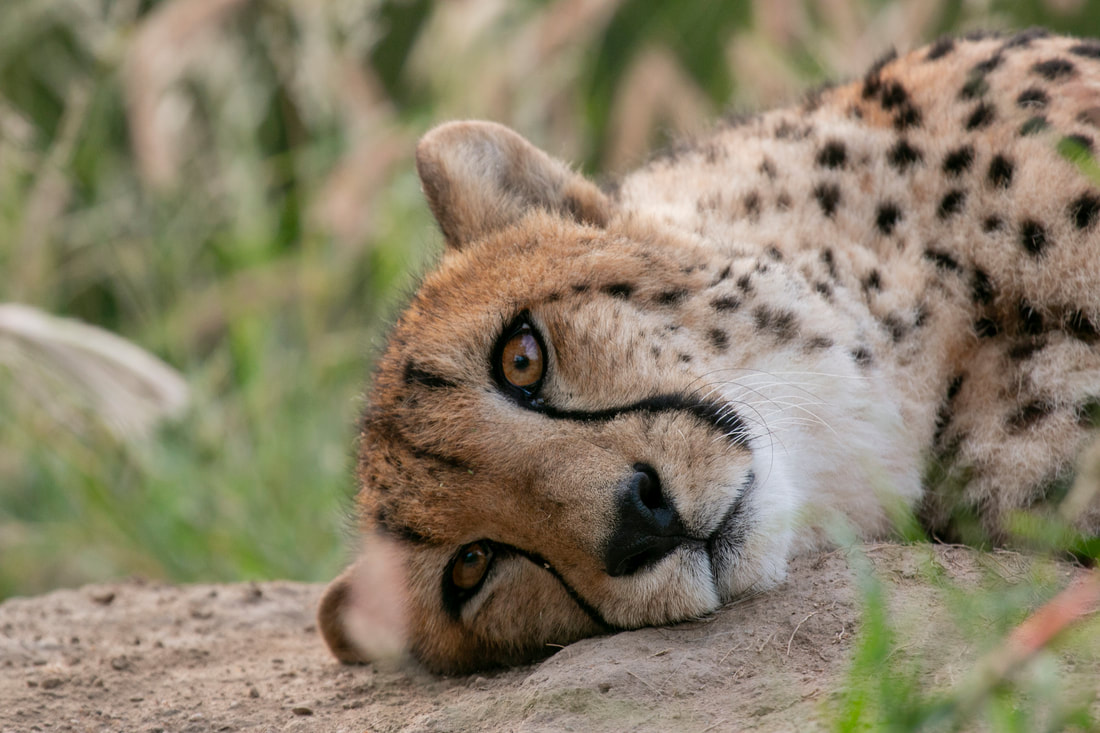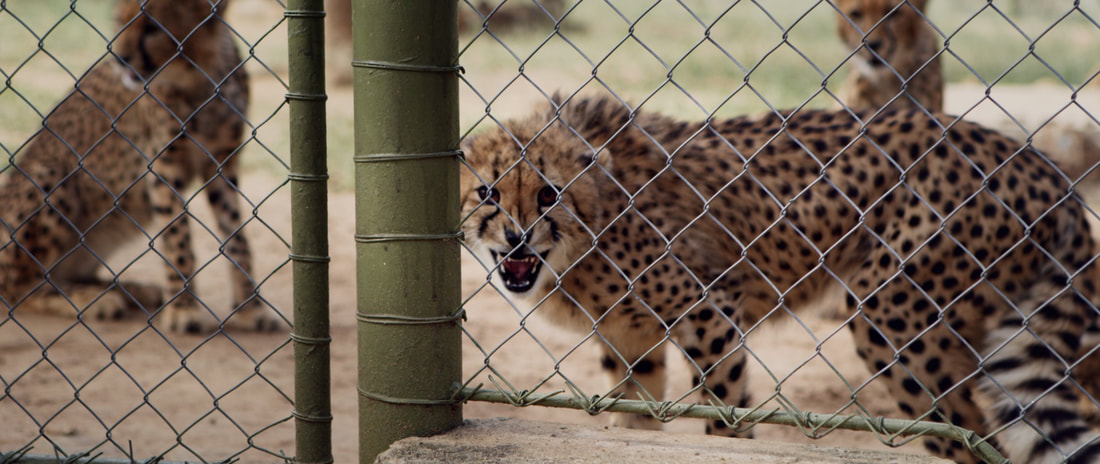|
We reached out to our Jackson Wild Media Awards filmmakers to ask them five questions about the experience of making their films.
What inspired this story? Writer, Producer, Co-Director Andrea Walji: I was inspired to tell this story after many years of following grassroots programs and NGO’s on the ground in India and Africa and speaking to them, hearing their stories about the illegal pet trade and the illegal trade in live animals, which many people don’t even know about. Sadly we all hear about horrific poaching stories and seizures of ivory or pangolin scales or lion bones are confiscated. However when these animal parts are traded, it’s already too late for the wildlife at stake, they’re already dead. We need to be highlighting the trade in live animals, so that they don’t have the same fate. The biggest inspiration for me was tying in the social media aspect to the story. The amount of people who pay money to pose and take selfies with exotic caged, maltreated wildlife angers me; and when I see these images all over social media, I knew I had to start talking about it and start a movement to end this! Describe some of the challenges faced while making this film. AW: Despite spending a fair amount of time looking for wild cheetahs in Namibia and South Africa over 2 separate trips of filming, we didn’t see one single wild cheetah, and therefore all of our footage has been shot in sanctuaries with semi-wild cheetahs. I think this only goes to show how quickly the cheetah population is shrinking. What impact do you hope this film will have? AW: I hope this film will educate the global public about the illegal pet trade, and the horrible truths behind how one gets a pet cheetah in the first place. My ultimate goal is for the film to get the public to stop pressing “like” on social media, posing for selfies with exotic animals and treating them as commodities, and instead to speak up and comment “Not A Pet”. As Patricia Tricorache says in the film “this has to become socially unacceptable.” I want this film to create a movement against having exotic animals as pets, because to make this uncool and unattractive will help stop the demand and reduce the trafficking of them. What's next? AW: I have just produced a short film on Natural Climate Solutions, featuring Greta Thunberg and George Monbiot, which was released in September, 2019 for the UN Climate Action Summit in New York. I am now hoping that I can get funding to continue the series of Not A Pet. It would make such a strong series of shorts; covering other animals that should be left in the wild and not traded as pets, such as tigers, lions, reptiles, birds, and apes. How can audience members take action to help the cause or issue featured in this film? AW: For every social media post they see of people posing and bragging of being with an exotic animal, comment “Not A Pet” and do not press “like”. Inform their friends as well, and tell people not to buy or pose with exotic animals, as it only perpetuates the trade and abuse.
5 Comments
7/8/2021 04:32:52 am
Every animal needs to be taken good care of, given food, shelter and veterinary care, this way humans show commitment towards animals.
Reply
7/12/2021 11:48:52 pm
Absolutely! wild cheetah is probably safer than petting a wild cougar or tiger. But it's still risky. Wild animals can be unpredictable, and they may not be able to read human body language well enough to know that you mean them no harm.
Reply
7/19/2022 09:08:04 pm
Love this website. Bring awarness to these animals and whats going on!
Reply
1/31/2023 12:24:23 pm
I'm really glad that there are people like this willing to document that exotic animals should not be pets and the pain the animals have to endure when they are captured to become pets or killed in order to trade their body parts, keep up the great work you're doing! I would like to recommend my favorite wallpaper store in mesa
Reply
Leave a Reply. |
Archives
March 2024
Categories
All
|
Contact UsJackson Wild
240 S. Glenwood, Suite 102 PO Box 3940 Jackson, WY 83001 307-200-3286 info@jacksonwild.org |




 RSS Feed
RSS Feed